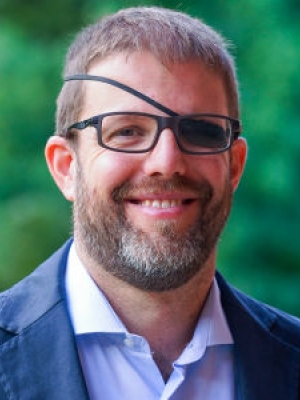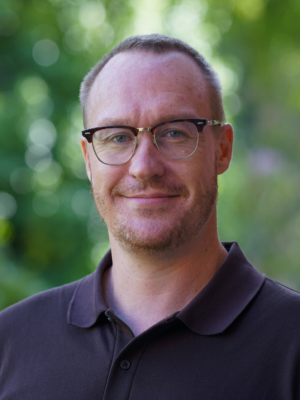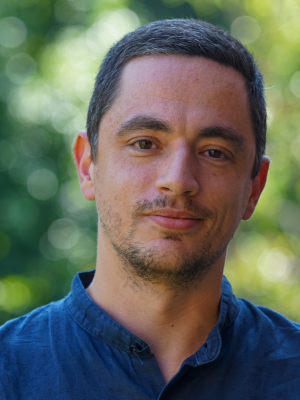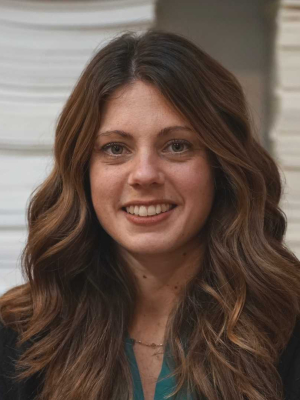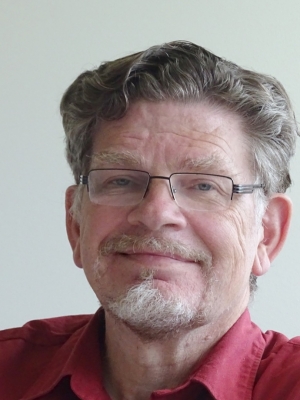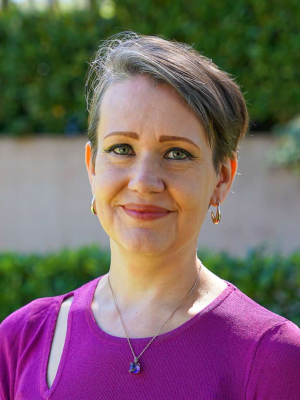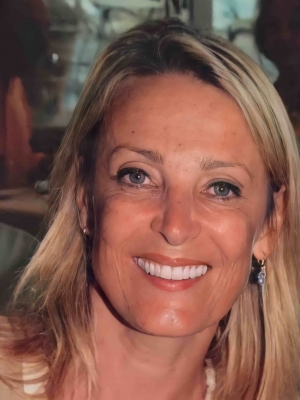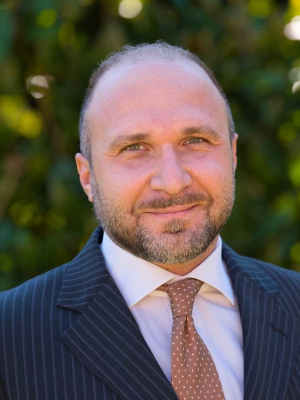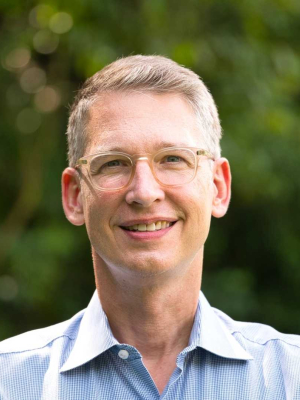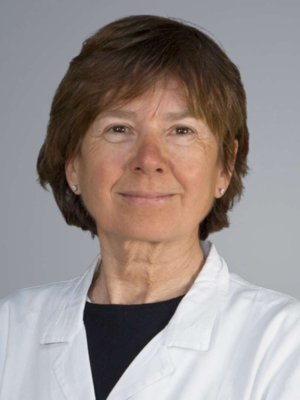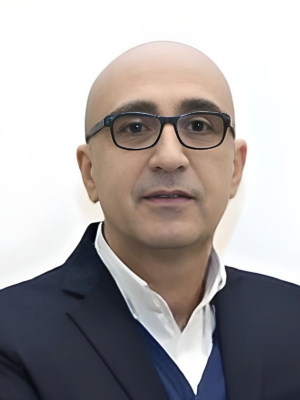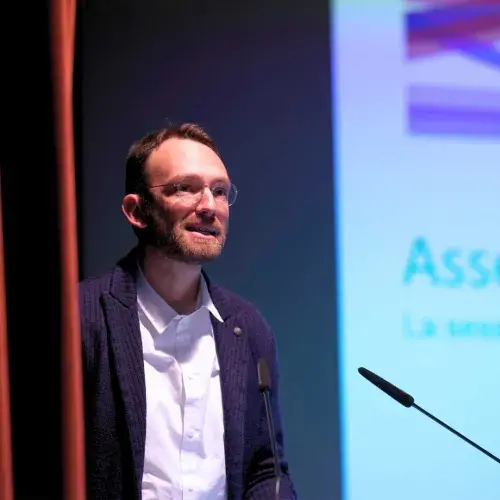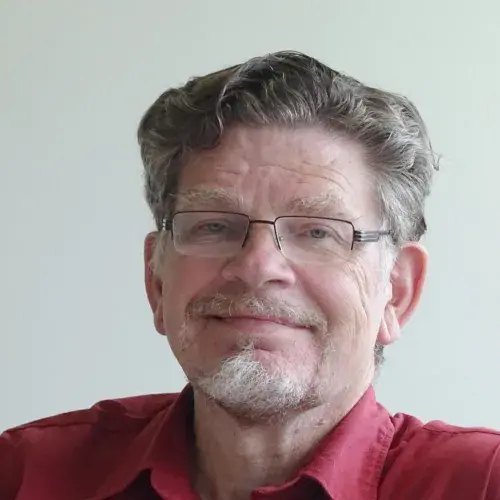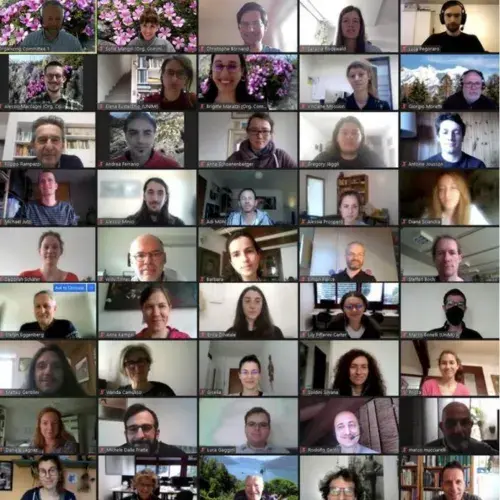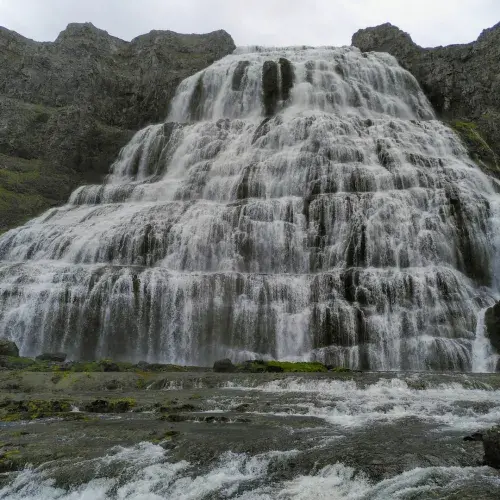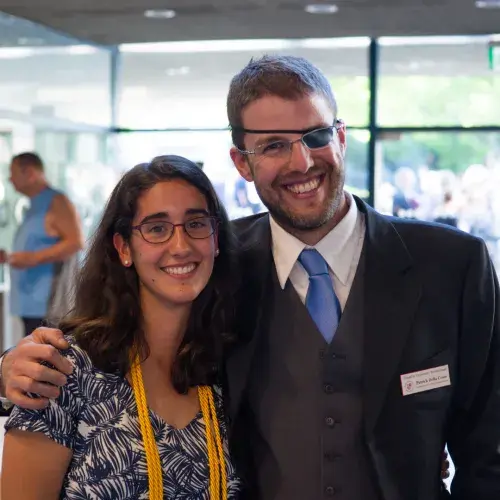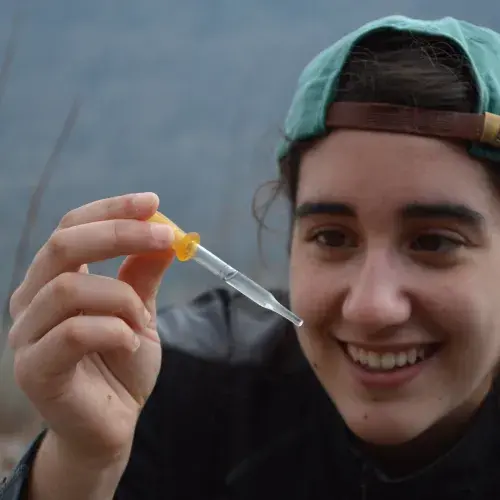The world will face major challenges in the coming decades and need people with the right skills and knowledge to face the environmental, health, and other crises that will come our way. The faculty and the programs of the division of Environment, Mathematics, Psychology, and Health (EMPH) strive to prepare students to become the problem solvers of tomorrow.
Our programs provide students the knowledge and experiences they need to understand the world around them, to define problems, and assess solutions. Our classes allow students to engage real-world problems in the classroom and beyond, through Academic Travels, internship program, laboratories, and various field experiences. Our active, experiential approach help students become independent, critical thinkers able to succeed on campus and in their future lives.
The EMPH division offers three majors: BAs in both Environmental Studies and Psychology and a BS in Environmental Science. Additionally, we support the Environmental Science and the Psychology options in the combined major program, and minors in Applied Mathematics, Environmental Science, and Psychology. Further, we help coordinate the BA in Social Justice and Sustainability major and its minor. Lastly, we supervise the Pre-Health curriculum that prepares students for graduate studies in the health sciences.
Students with degrees from EMPH have gone on to graduate programs in a wide range of areas, including renewable energies, environmental management, psychology, and public health, as well as careers in NGO’s, consulting, industry, and government in countries all over the world.
HIGHLIGHTS
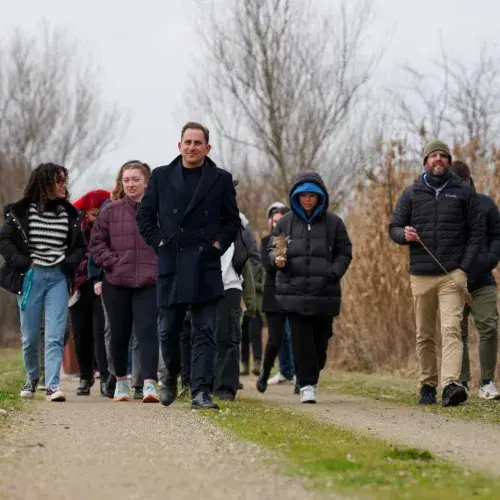
FUS X Simbiosi | ENV 497
The main emphasis of the ENV 497 senior capstone research project is to explore key concepts of ecology in a contemporary agricultural system, identify current environmental issues, and put forward feasible solutions. These ideas are presented in the form of a deductive case study that uses Simbiosi – the leader environment producer in Italy – as the main practical example. The ENV 497 senior capstone research focuses on waste management, environmental field margins, the reintroduction of biodiversity, and Agrivoltaic technologies, all of which highlight the theme of circular economy. Furthermore, the elements presented in the case study are used in collaboration with the research conducted within the context of the BUS 342W Green Marketing course to show that sustainable agricultural practices can be both environmentally as well as economically beneficial.
ENV 497 Class: Madeline Espinoza, Sophie Kendrick, Grace Kjer, Thomas Lieber, Rim Maslouh, Alexandra-Elena Mitu, Florence Müller, and Mateo Segura Rivadeneyra.
FEATURED PUBLICATION
Sustainability in Educational Travel and Environmental Protection. Special Issue of Sustainability.
Dr. Hale edited and contributed to this special issue that highlights work from top scholars in the field of educational travel to examine how educational travel programs, such as Franklin’s Academic Travel program, can both educate about and impact human and natural environments.

Students & Alumni
Katherine Gannon '18
Going to Franklin was the best decision I have ever made. I was totally nervous to move across the world from my comfortable life in California, but the experiences that greeted me when I finally committed and made the move were the most meaningful and joyful times of my life. I would like to say that I’m thankful for every moment, but “thankful” would be an understatement. From the incredible academic travel opportunities to walking out of class everyday knowing that I learned something new from my professors, Franklin is truly an unmatched college experience, for which I am very grateful!
Elena McGuire '17
Of all the universities I applied to, Franklin was the only one that offered a truly unique educational opportunity. The small class sizes and international student body allowed for group discussions full of diverse experiences and viewpoints. Getting to engage with the world, and the people of the world, on Academic Travel is an opportunity that no other university or private tour can match. It's one thing to discuss climate change in a classroom but it's another to visit a rapidly-shrinking glacier in the Swiss Alps. Franklin's professors go out of their way to help students get the most out of their educational experience. Whether it's sitting down together to pick the right courses or working with you for two years on a long-term research project (thanks, Professor Della Croce!), the faculty and staff at Franklin are invested in all of their students. My time at Franklin, especially within the Environmental Sciences department, helped me grow into a more curious, respectful, and conscientious global citizen.
The faculty in EMPH came to Franklin with strong backgrounds and training from top programs in North America and Europe. They possess a wide range of expertise in academic and applied research and are active scholars in their respective fields. They draw upon this expertise regularly not only in teaching their courses, but also in working closely with students on Honors projects, theses, capstones, and more. In particular, their expertise allows them to develop unique Academic Travel experiences that enhances our students’ education in very unique ways.
We invite you to peruse our individual faculty profiles for more information or check out the publications section below to see some of our recent scholarships.
Division Chair
Full-time Faculty
Part-time Faculty
Our division sponsors events, lectures, projects, conferences, and workshops that strive to enrich our campus community and provide a chance for our community to engage with others. Follow some of our recent and upcoming activities here.
Our faculty’s scholarship most commonly appears in peer-reviewed journals, although our faculty has also published books, book chapters, edited special issues of journals, and presented at scholarly conferences. Our published research ranges from disciplinary investigations to interdisciplinary collaborations and connect to the real-world issues about which we strive to educate and empower our students.

